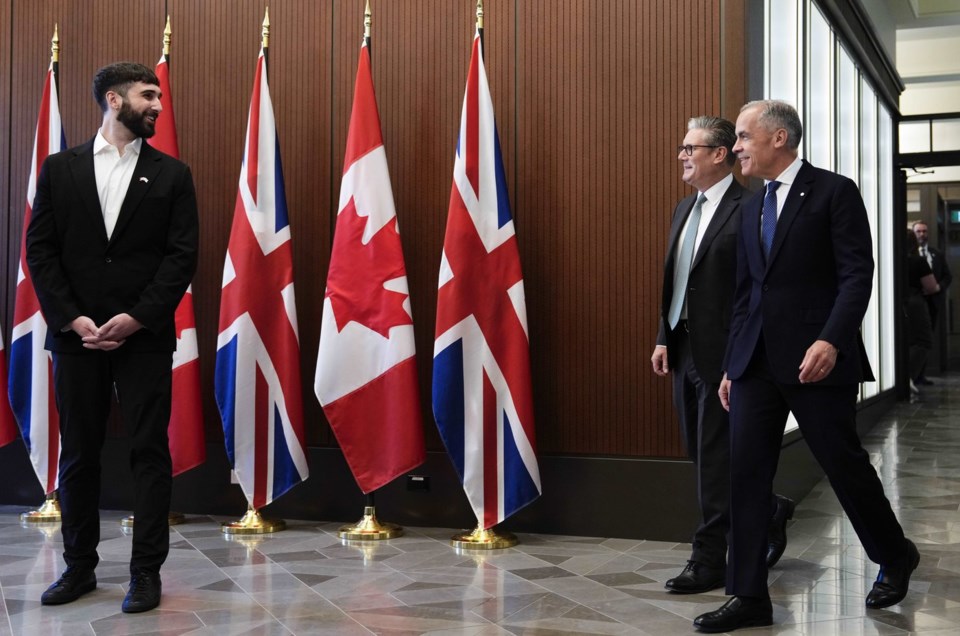OTTAWA — The federal government has signed an agreement with a Canadian artificial intelligence company to identify areas where AI can enhance public service operations.
It will see Cohere look at how its products can improve federal public services, said Sofia Ouslis, a spokesperson for Artificial Intelligence Minister Evan Solomon.
The agreement sets up "early-stage collaboration" between the federal government and the Toronto-based tech company, she said. Cohere develops large language models, a type of generative AI focused on language, and the company specializes in AI services for businesses.
"The focus is on identifying where Cohere’s Canadian-built AI tools can improve public services, making them faster, smarter, and more secure. While there are no formal deadlines attached, the government sees this as a priority and is moving quickly to explore real-world applications," Ouslis said.
Ouslis said the agreement does not include a "financial component."
Cohere said in a blog post Tuesday it signed the agreement "to transform the public sector with our secure, sovereign AI technology."
"Accelerating AI adoption will deliver massive productivity and efficiency gains to enhance public services and modernize operations," it said.
A government press release also said the agreement with Cohere involves looking at building Canada’s commercial capabilities to use and export AI, but did not provide details about that effort will involve.
Using artificial intelligence to increase efficiency in the public service was one of Prime Minister Mark Carney’s election promises. Carney also promised to cap the size of the public service, and most departments and agencies have since been asked to find program spending cuts of up to 15 per cent.
The government press release said AI "has the potential to significantly improve government operations and services for Canadians," and that Ottawa is "seeking to harness the power of this transformative technology while building a vibrant made-in-Canada technology sector."
This report by The Canadian Press was first published Aug. 19, 2025.
Anja Karadeglija, The Canadian Press


